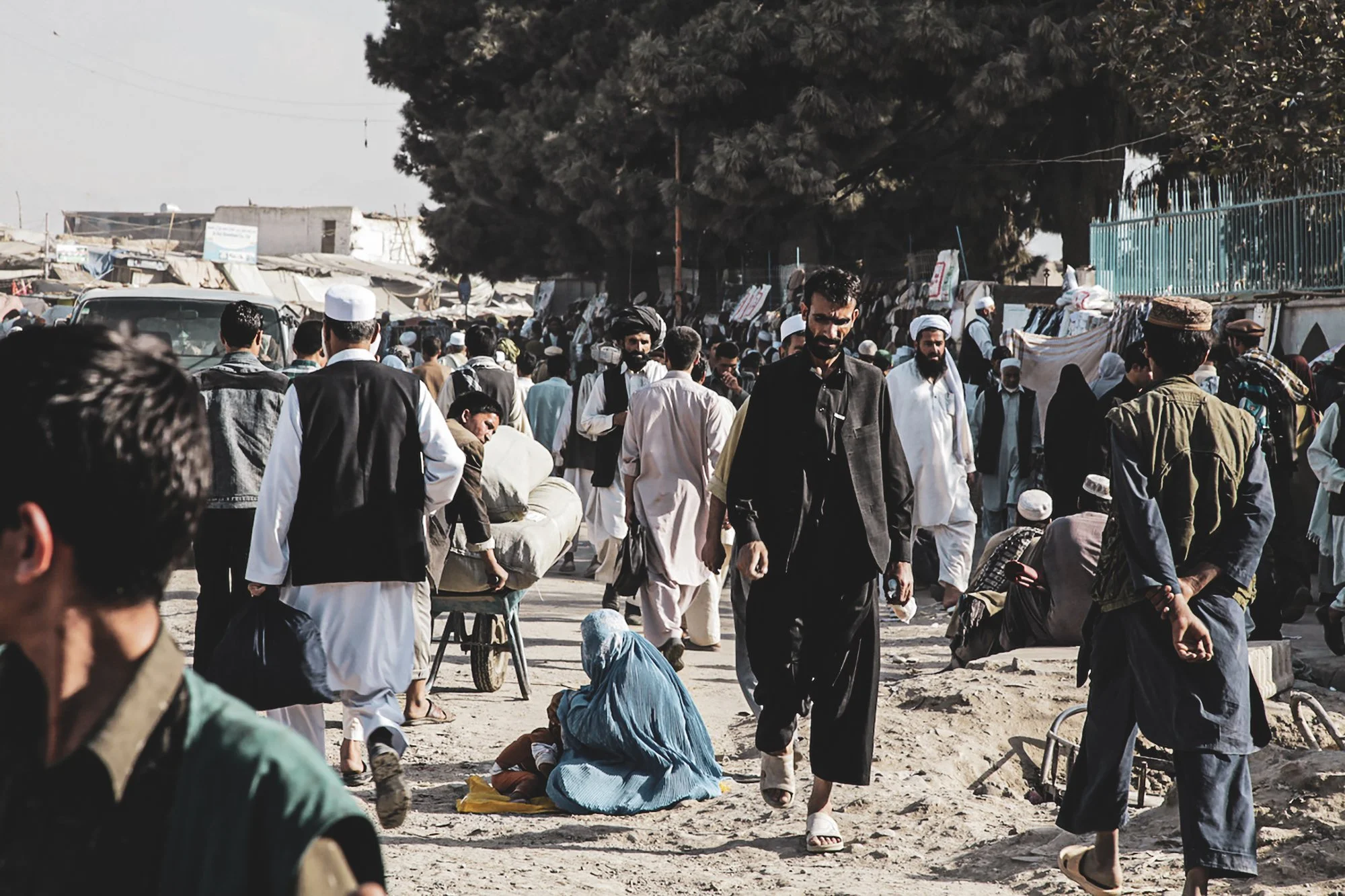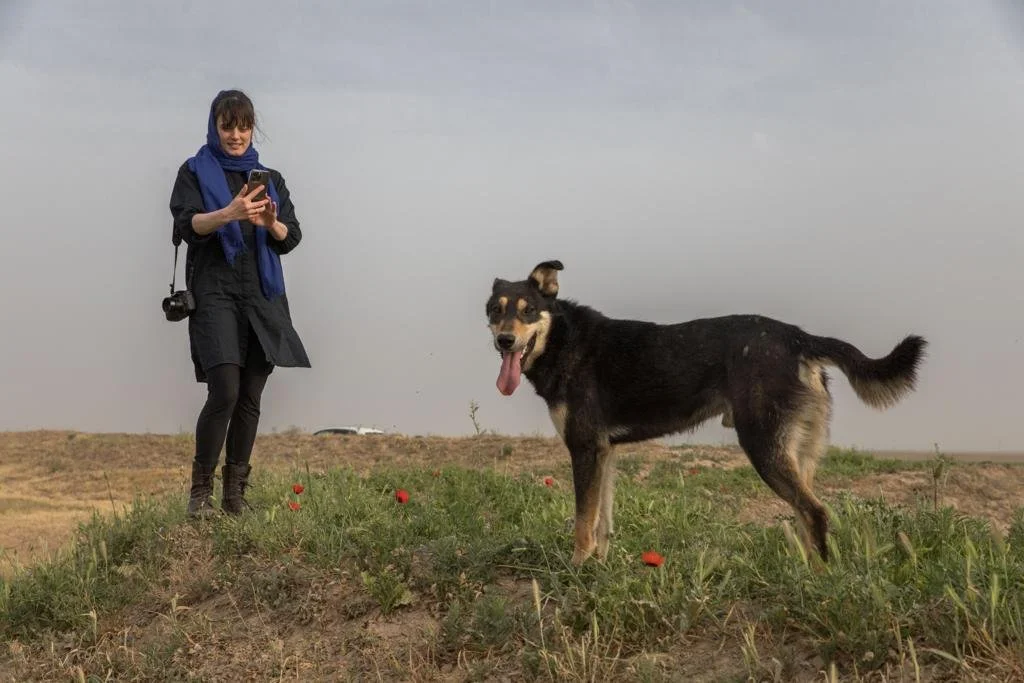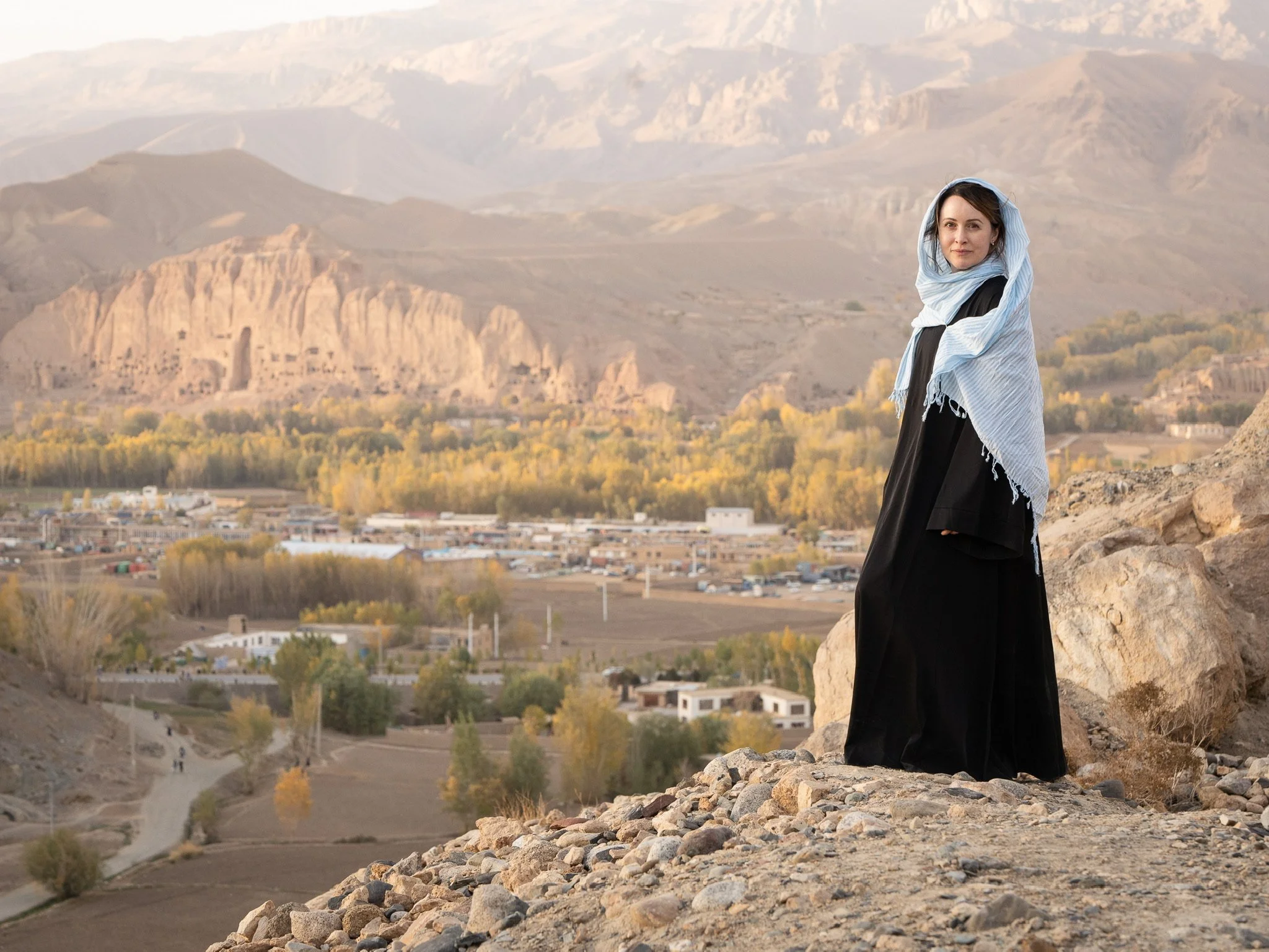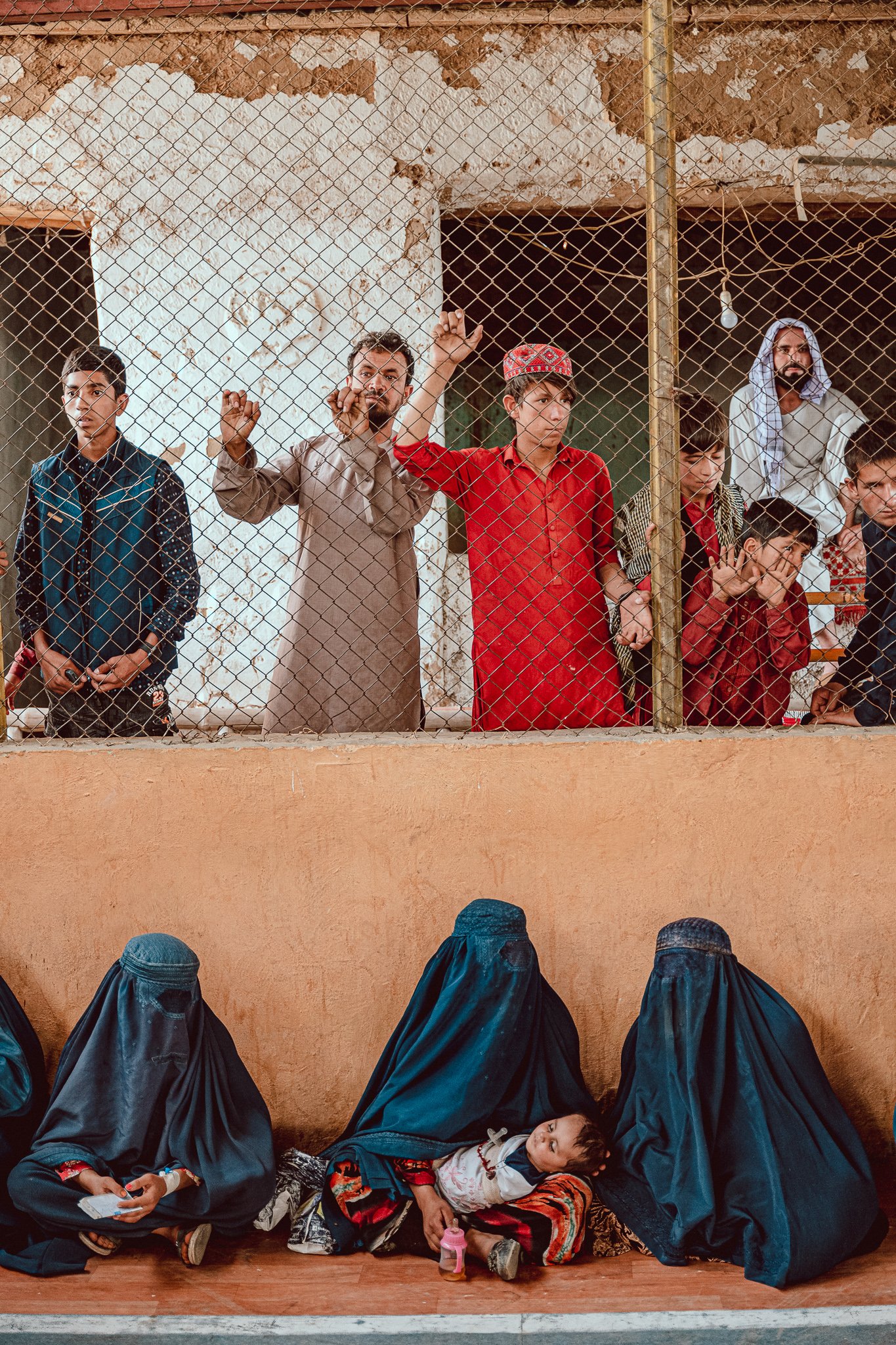
Travelling as a Woman in Afghanistan
One of the most common questions we get asked at Safarāt is what the situation is for women travelling in Afghanistan.
Our answer is very simple – you are completely welcome, and we find that mixed groups often improve our access to certain sites. We believe that the risk to you as a female is the same as for our male travellers.
More widely the treatment of women in Afghanistan is a cause of international outrage. Since taking back control of the country in August 2021, the Taliban have imposed policies creating barriers to women’s and girls’ health and education, curtailed freedom of movement and association, and deprived many of the ability to earn an income.
On the surface there are considerably less women visible in the streets of the major cities, and many of those who still do venture outside are the poor who have no other option but to beg. The burqa has returned nearly universally in most major cities – it’s much rarer to see women in loose fitting hijab, sitting in cafes or meeting with their friends, even in the country’s traditional liberal pockets.
In some areas of the country girls have continued to go to school. The blanket ban on female education has showed ideological splits within the Taliban movement, reflecting the difficulty that the former insurgents are having running a government.
Life in conservative and rural areas has been less obviously effected by the Taliban takeover, where rights remain almost non existent.
An increasingly common sight - the only women in the bazaar are begging.
We highly recommend reading Anand Gopal’s ‘No Good Men Amongst the Living’ for an account of life of a woman called Heela, who is forced in the chaos of civil war to leave the her relatively liberal home in Kabul, for life in a traditional village in Uruzgan.
Practically, as a traveller from a western country you are held to a very different set of standards to Afghan women. You will generally be treated as just another strange foreigner – the Taliban are equally confused by Western men as they are women.
You will notice that many members of the Taliban will avoid eye contact you, and if might only communicate with you through a male proxy. This can be annoying, but as part of our policy of cultural and conflict sensitive behaviour, we will as a group avoid directly challenging this conduct.
In terms of dress women will be expected to wear a loose hijab type headscarf whilst out in public, and to wear long trousers and long sleeves. It’s not necessary to wear an abaya, but many visiting women like to buy a shalwar-kameez when they arrive. This traditional piece of clothing is loose fitting and comfortable to travel in, and tends to be the choice of female journalists and tourists visiting the country.
The Time's journalist Charlie Faulkner wearing the standard uniform of the female reporter in Afghanistan!
Laura C from New Zealand chose to wear a light abaya whilst travelling with us in Afghanistan and a loose headscarf. The decision is mainly down to the individual traveller!
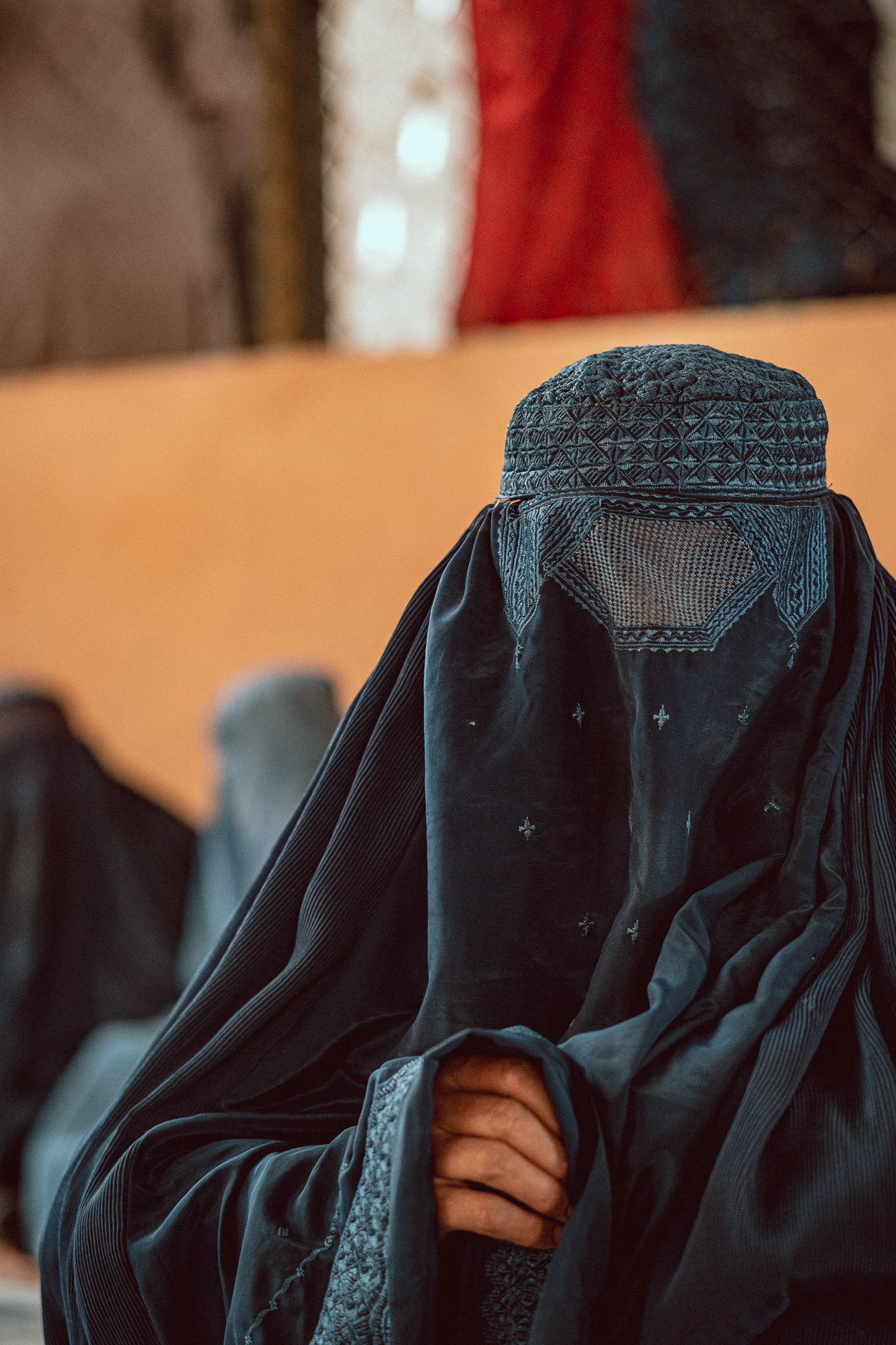
Women will be able to partake in 95% of the activities and visits that we offer as part of our tours. There are occasions when men might be able to swim in a river, or visit parts of a mosque that are closed to women (including the Blue Mosque in Mazar-E-Sharif), but equally there may be opportunities for female travellers than are closed to men. We’ve have lots of emails asking whether they can still visit national parks after the Taliban announced a ban on women in places like Band-E-Amir. The answer is that although officially the ban applies to all women, unofficially foreign women have been able to visit without any problems.
If you are travelling as a mixed sex couple then you will be asked to say that you are married for the duration of our trip. The sharing of hotel rooms by mixed sex couples is forbidden by law in Afghanistan, and a blind eye is generally turned to foreigners – particularly if they agree to agree that they are married!
Logistically, the biggest problem female travellers will face is that there are very few toilets in public places for women in Afghanistan. In cities, we will try to always have access to facilities in restaurants, but when we're in more rural areas, the reality is that you will need to be confident peeing behind a bush. But with the state of most of Afghanistan’s public toilets, we find that most men prefer this option too!
Read More:

